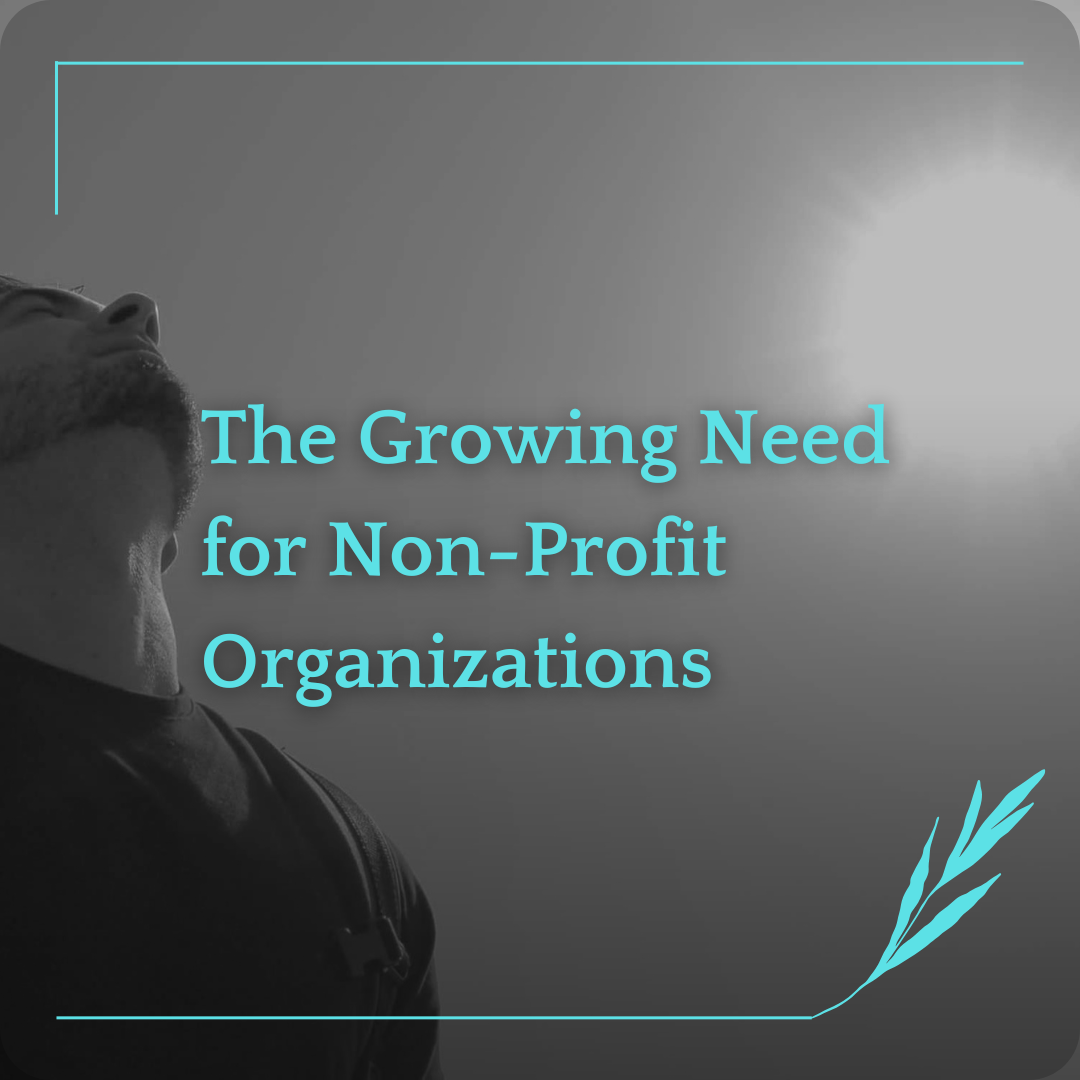Bridging the Gaps: The Growing Need for Non-Profit Organizations
Non-profit organizations (NPOs) play an essential role in addressing social, economic, and environmental challenges that often go unmet by traditional businesses and government initiatives. From providing education and healthcare to supporting disaster relief efforts and advocating for human rights, NPOs are the backbone of many communities worldwide.
The Role of Non-Profit Organizations
Non-profits operate with a mission-driven approach rather than a profit motive. Their primary focus is to create a positive impact, whether it’s through community development, policy advocacy, environmental sustainability, or social services. These organizations rely on funding from donors, grants, and partnerships to sustain their efforts and expand their reach.
Key contributions of NPOs include:
> Social Welfare: Addressing poverty, homelessness, and healthcare accessibility.
> Education & Training: Providing scholarships, skill development, and vocational training.
> Environmental Protection: Promoting sustainability, conservation, and climate action.
> Human Rights & Advocacy: Ensuring equal opportunities and rights for marginalized groups.
> Disaster Relief & Humanitarian Aid: Responding to natural disasters and crises with immediate support.
The Growing Need for More Non-Profit Organizations
Despite the efforts of existing non-profits, many social issues remain unaddressed. The demand for organizations tackling pressing concerns such as mental health awareness, youth empowerment, sustainable urban development, and affordable housing continues to rise.
A few key areas where more NPOs are needed include:
> Mental Health & Well-being: Supporting communities with counseling, crisis intervention, and awareness campaigns.
> Digital Inclusion: Bridging the digital divide by providing technology access and digital literacy programs.
> Sustainable Development: Encouraging renewable energy projects, waste management, and eco-friendly initiatives.
> Job Creation & Economic Inclusion: Developing programs that support entrepreneurs, small businesses, and marginalized workers.
Taking the First Step Towards Impact
While passion and commitment drive the non-profit sector, the process of establishing a successful organization requires careful planning, compliance with regulatory frameworks, and sustainable funding models. Many aspiring changemakers hesitate to take the first step due to the complexities of registration, governance, and operational management.
Understanding these challenges is the first step toward overcoming them. For those looking to establish a non-profit, guidance from experts familiar with the legal and structural requirements can streamline the process, ensuring that your mission is legally recognized and operationally effective.
The world needs more individuals and groups willing to step forward and make a difference. If you’ve ever considered starting a non-profit, now is the time to explore the possibilities and turn your vision into action.

